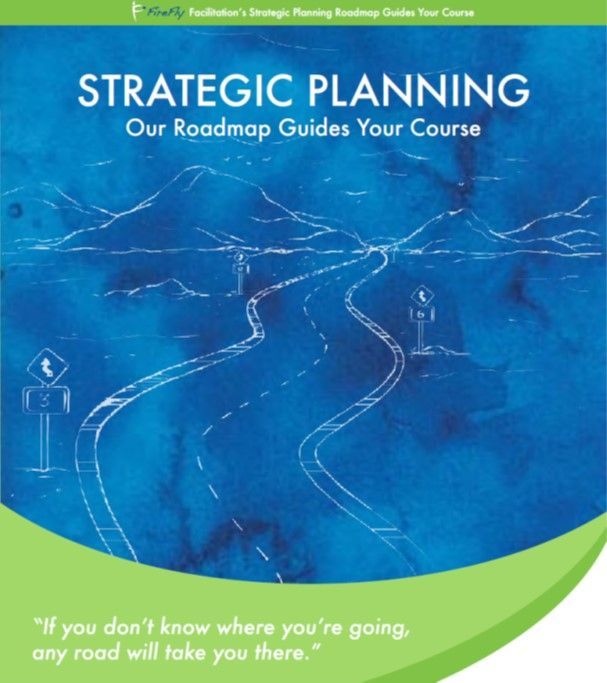Staying Open to the Possibilities
So, at this point we’ve talked you through the process, and hopefully you’ve decided how your team will make decisions. Now, it’s up to the leader to ensure that the decision makers keep an open mind about a wide variety of ideas before making a final decision. Remember, while our differences may sometimes be irritating, they can spur us to look at situations, problems, and opportunities more creatively if we begin with a curious mind.
Often, exactly the opposite occurs in group-setting situations. When people know that they are attending a meeting where an important decision will be made, there is often a lot of jockeying for position that occurs before anyone steps foot in the door. People sell their ideas beforehand to save time instead of truly coming to learn about potential, viable alternatives. How do you deal with this kind of preconceived decision making? By reinforcing that curious mind through a balancing act of inquiry and advocacy.
One great resource when learning to manage this concept is Peter Senge’s The Fifth Discipline Field . This book introduces a very straightforward concept for teams to understand and use—one that, despite its simplicity, seems almost revolutionary to many leaders. The unfortunate truth is that most team members have already formed a conclusion about what they think is the right approach, and it can take a great deal of effort to put that mind-set aside and openly request the other’s point of view. We are too often working our hardest to convince each other of the correctness of our conclusion, position, or actions. But true creativity and conflict resolution screams out for inquiry, not for the other person to simply stop talking so that you can interject your opinion. It’s hard to hear others above the voice speaking in your own head, but inquiry prompts you to focus your energy on truly listening and comprehending another’s point of view instead of merely defending your position.
The vast majority of people have no problem advocating their opinions, but true leadership is something different. When someone offers an idea for a solution that you disagree with, before you say, “That wouldn’t work,” try beginning with inquiry by asking, “Can you help me to understand your thinking on that?" or ”What leads you to suggest that would be a good alternative?” and then really listen to their response. You just might be surprised.
Two other procedural techniques go a long way toward ensuring a lively discourse on alternative solutions:
1) The first is to simply send information out to the participants in advance, and expect them to read it and come prepared to learn and share perspectives. Sometimes teams struggle with the fact that members hear about something for the first time during the meeting, and are expected to offer feedback on the spot. Mandating that anything requiring a decision at the meeting has to have preliminary reading sent out a minimum of 48 hours in advance is a terrific way of ensuring a more level playing field for informed discussions and decisions.
This brings us to the other procedural recommendation:
2) For significant strategic decisions with far-ranging and long-term impact, it’s unreasonable to think a decision can be made when the topic is initially raised, so it can be helpful to implement a policy you might call a rule of three. Simply put: higher-level issues will be discussed in three separate meetings, with a decision expected in that third meeting. This gives the team an opportunity to learn about the relevant issues in the first meeting, bring additional information that spurs investigation of a broader search for alternative solutions to the second, and finally, to making an informed decision to which all can truly commit at the third. In the next post, we’ll talk about knowing how to discern that the team is prepared to make a decision, in order to begin planning for its implementation. Until then, l et's talk! Reach me by email or phone: 770-989-7030.






